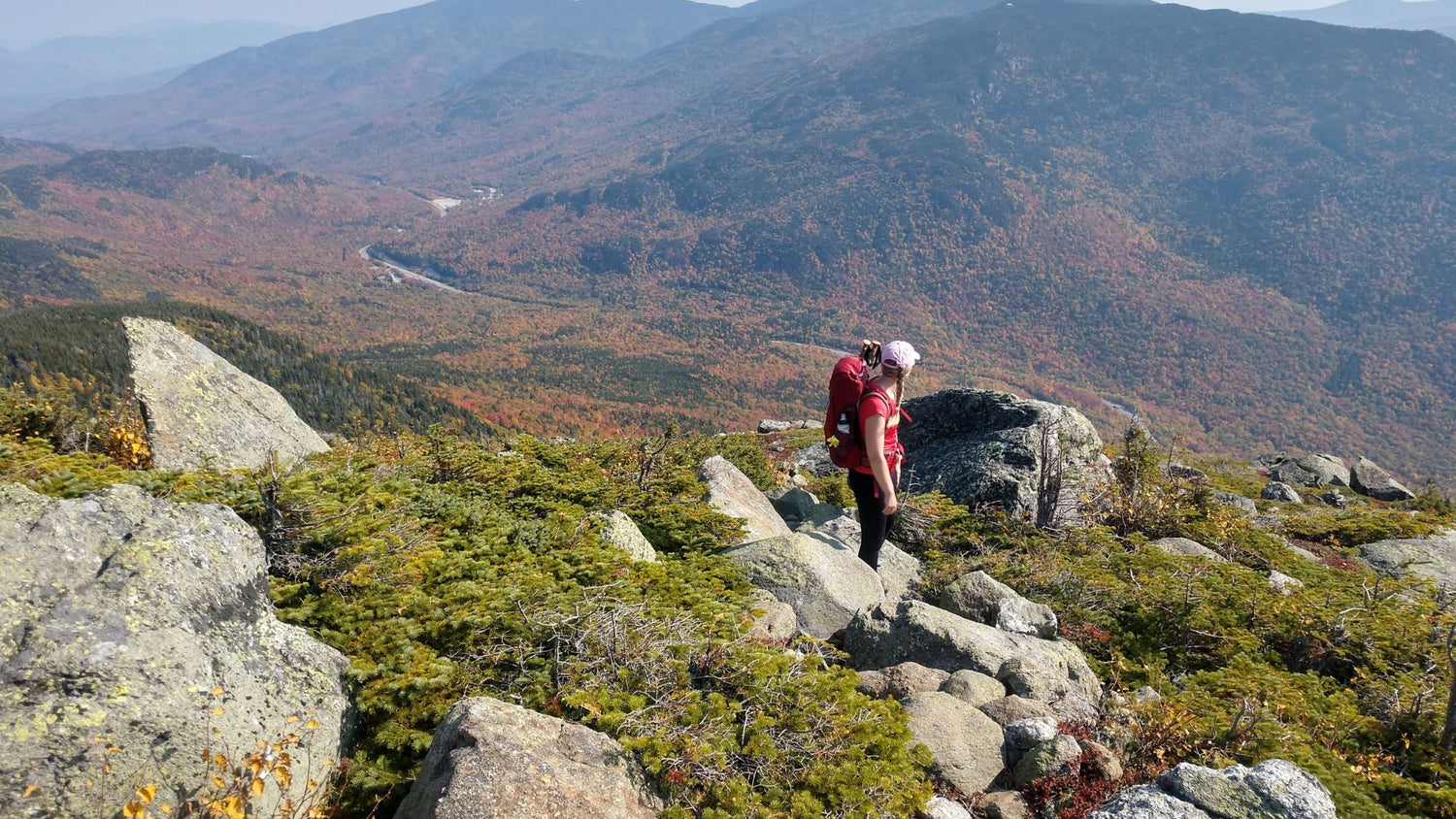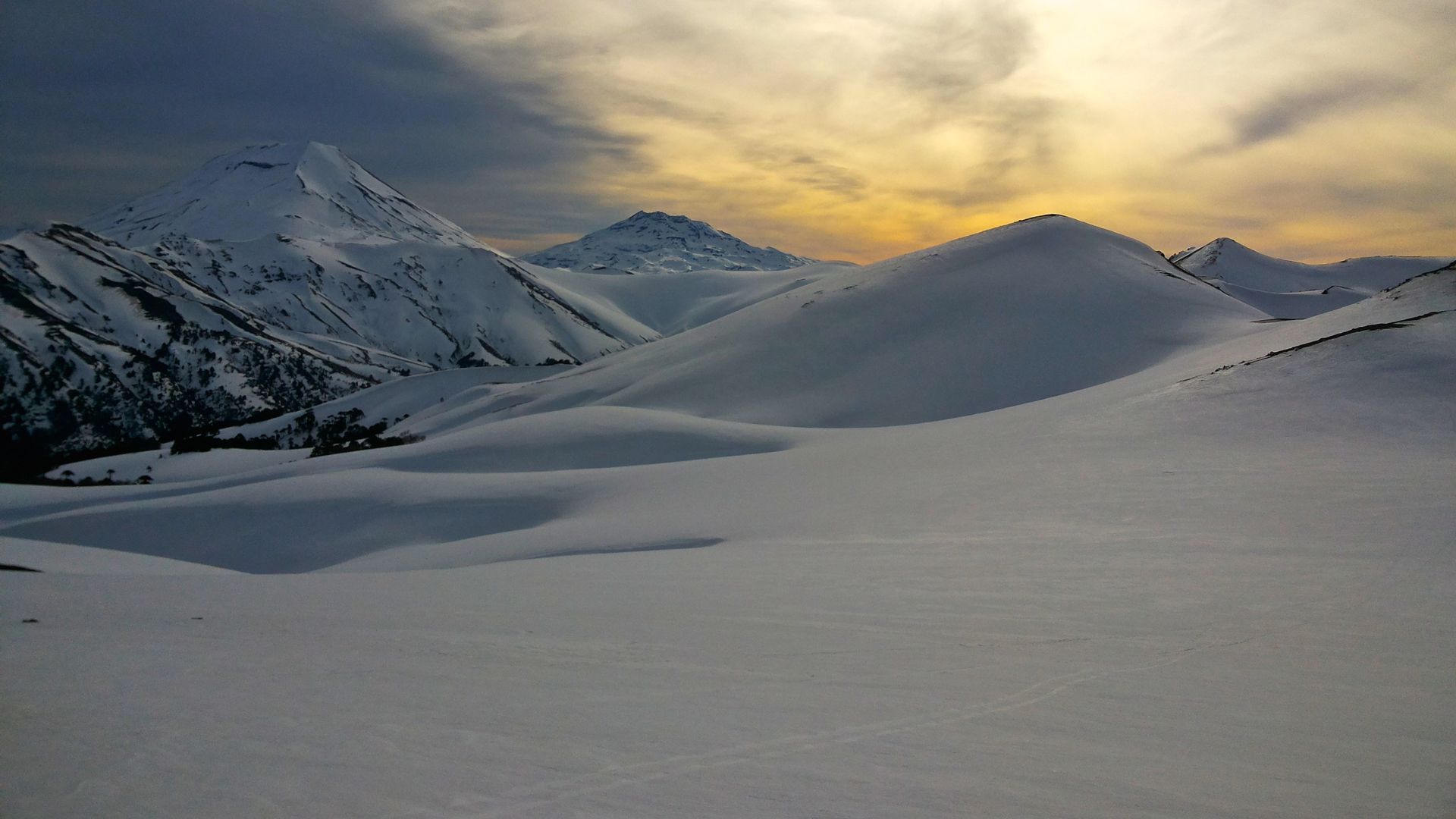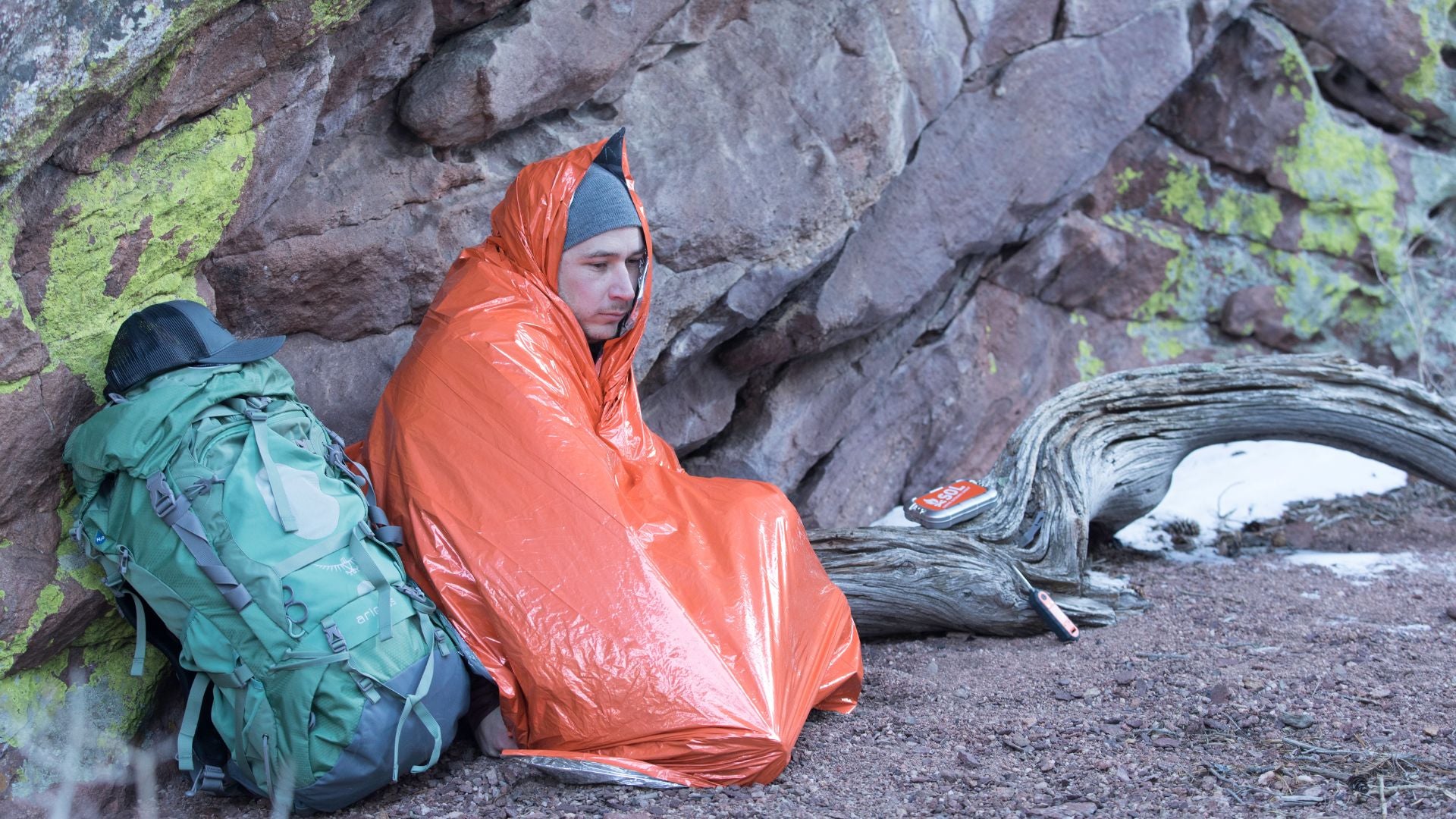Heading out into the wilderness can be an amazing experience that allows you to explore remote areas and challenge yourself. As a smart adventurer, you’ve probably already taken the steps to prepare for your journey by bringing along the basics for survival and knowing the terrain. But anytime you’re a few hours off the trail or deep in the wilderness, you are assuming risk and should be prepared for potentially life threatening survival situations like getting lost or injured. That’s why it’s good to know some basic skills you can draw on when the going gets rough.
First Rule of Survival: S.T.O.P. to Survive
 If you find yourself lost, hurt or in a survival situation, take a deep breath, try to relax, and remain calm. Don’t panic.
If you find yourself lost, hurt or in a survival situation, take a deep breath, try to relax, and remain calm. Don’t panic.
Use the acronym: S-T-O-P
S- Stop:
Do not travel farther until you assess your situation.
T- Think:
Should I stay here or move? What is the likelihood that I will be found here? How far am I physically able to travel?
O- Observe:
Look around and determine whether you can obtain shelter, water, and fuel for a fire at this location.
P- Plan:
Decide what you should do and take action. Staying put may be the best choice, especially if someone knows where to look for you.
Signaling
If you’ve decided to sit tight and wait for help, this is a great time to start signaling for assistance. Consider adding a whistle to your gear. Many packs come standard with a whistle built into the chest strap. Alternatively, you can purchase a whistle and hang it from your pack.

The sound of a whistle will travel much further than your voice. Three sharp blasts at regular intervals is the standard distress signal. While you’re whistling, think about how you can make a shelter, find some water, and get a fire started so you can stay warm in the event of an overnight.
Other Survival Tips
A. Leave a detailed trip itinerary with someone you trust
B. Never forget that your brain and your ability to remain calm and not to panic are your most important survival tools.
C. Make sure your personal survival kit is waterproof, compact and fairly lightweight, so you will carry it always.
D. Know how to use each and every item in your kit. Don’t wait till you need it. Adjust your kit to fit the appropriate outdoor environment that you are venturing into. (Mountains, desert, wet conditions, cold climate)













